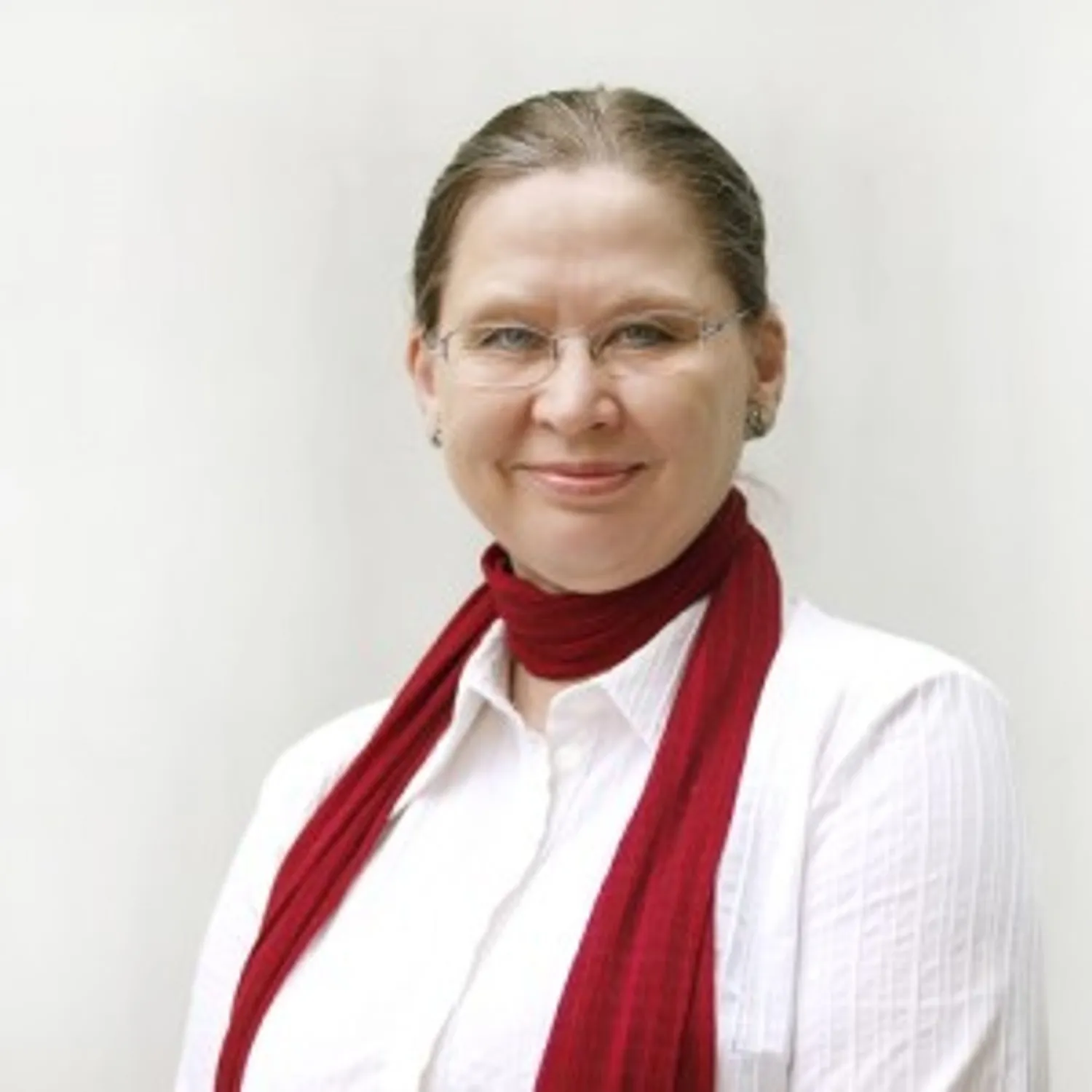Margarita Beresnevaitė represents the Lithuanian University of Health Sciences (LSMU, Lithuania), the Lithuanian partner in the ESCAPE consortium, and acts as a principal investigator. As a psychotherapist and Doctor of Medical Sciences, in her work, she combines the knowledge of a scientist and the experience of a practitioner.
At the beginning of her scientific work in the Laboratory of Medical Psychology (Institute of Cardiology), Dr Beresnevaitė studied the relationship between psychological factors and arterial hypertension, and the effects of relaxation training on arterial blood pressure. Later, in the Laboratory of Clinical Cardiology, she prepared a dissertation on alexithymia links to coronary heart disease and the specialized psychotherapy effects to correct alexithymia in post-myocardial infarction patients. Currently, Dr Beresnevaitė researches heart rate variability-biofeedback impact on decreased heart rate variability in post-cardiac surgery patients.
Dr Beresnevaitė has extensive experience in the study of multimorbidity and holistic care for the elderly. Since 1987 she treats somatic patients - patients with arterial hypertension, with coronary heart disease, post-myocardial infarction and currently – post-cardiac surgery patients. Most of them are elderly people suffering from several somatic diseases, and signs of chronic stress are often observed.
The connection between Dr Beresnevaitė’s experience and scientific interests with the topic of ESCAPE led her to join the project, and a year and a half down the line she remain passionate about it. “It is important to promote a holistic approach to diseases and treatment”, says she and shares her conviction that a study conducted by an international consortium will provide a sound scientific basis and ensure that its results become available to patients across Europe. Margarita admits that significant efforts are needed to organise and synchronise the work of scientific institutes of several different countries, and yet this is the only way to achieve the ambitious and large-scale goals of the project. She is confident that the collaboration of the large transnational and intersectoral team will yield an outcome – the holistic and patient-centred intervention - that will benefit cancer patients and informal carers in many EU Member States.
Dr Beresnevaitė notes that running a clinical trial as complex as ESCAPE's is challenging and consequently, some delays have arisen at the Lithuanian sites. Should the clinical trial be successful, the next challenge will be accessing funding nationally to implement the blended collaborative care approach on a wide scale. Regardless of the difficulties in implementing the project though, she believes that both, patients and the workforce in Lithuania would welcome the ESCAPE BCC intervention.
